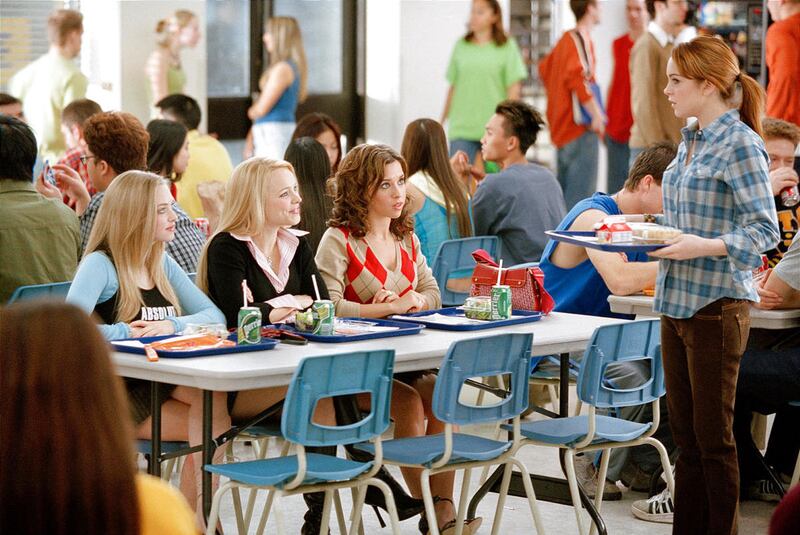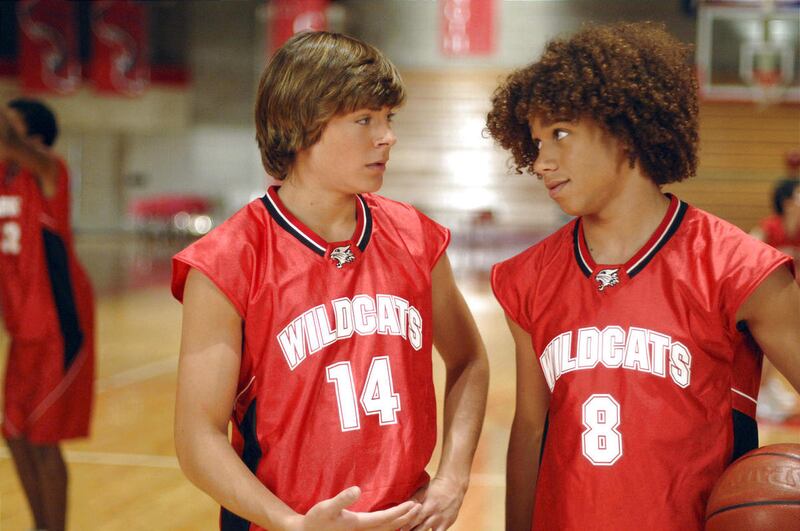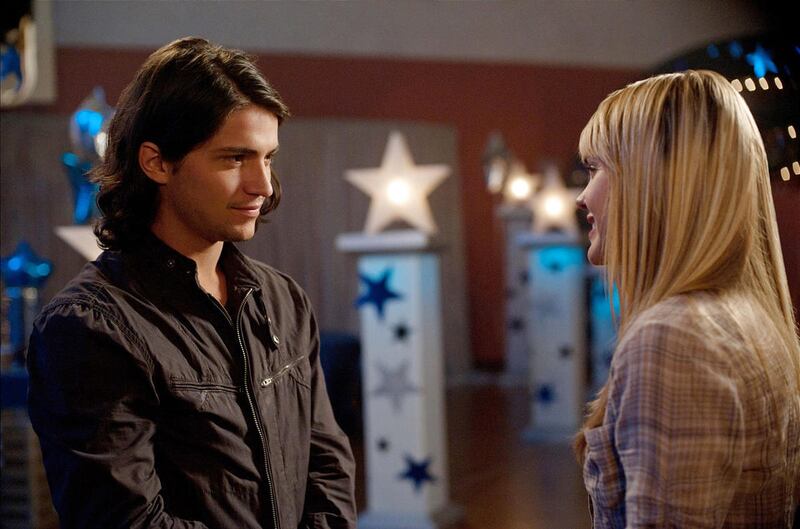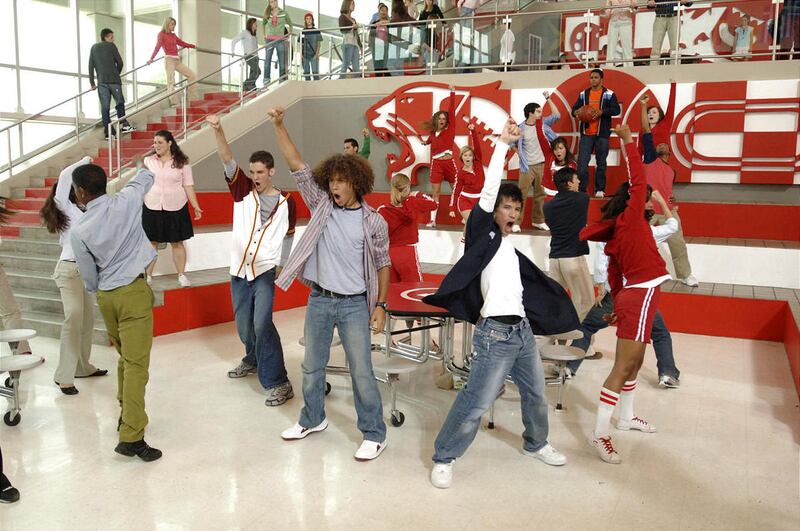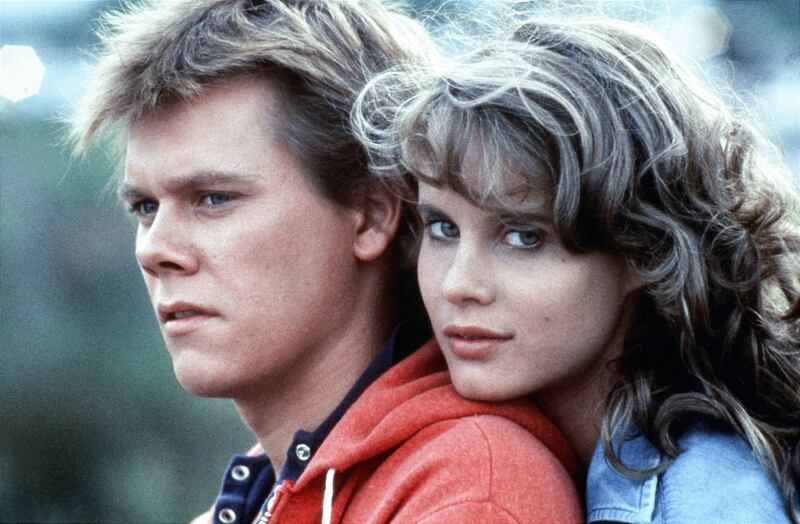For many, high school memories are blurred with football games, revamped circles of friends and changing wardrobes to fit the latest fad.
But as movies about high school life continue to hit theaters, such as this week's premiere of Disney's "Prom," the question is whether such films are reflective of the teen years, or if they’re actually influencing teenagers' experiences.
What is fact and what is fiction in films about high school? And what effect do such films have on teenagers?
In “Prom,” the students aren’t overly combative. Instead, they’re genuinely scared to make decisions that will affect the rest of their lives. There is a strong sense of adolescence and naivety to life after the high school grind.
Still other films portray an entirely different, hyper-mature setting where students live by their own rules.
When "Mean Girls" bullied its way to the top of the box office, it was praised for its depiction of high school, ripe with vicious cliques and backstabbing friends. But are cliques at most schools that brutal?
"High school is overdramatized in movies. There are some mean girls, but at least my school is not like 'Mean Girls,'" said Alexa Anderson, a senior at Timpanogos High School in Orem, adding that cliques depend on the school. "I've been lucky to have really good friends that aren't like that."
Regardless of how prominent cliques are in high school, they may not be as destructive as movies like "Mean Girls" and "John Tucker Must Die" make them out to be.
"There are a lot of cliques in high schools, and that's how movies portray it," said Paul Sagers, principal at East High in Salt Lake City, now a landmark because it was the setting for “High School Musical.” "Cliques are a group of students with common interests, and oftentimes these groups are why they're coming to class. We try to celebrate our differences, and that's what connects the school together."
While the portrayal of social groups and cliques may be over the top in many films, Hollywood tends to grasp the pressure teenagers feel to be at the head of their class.
"There is a lot of peer pressure to fit in and change who you are," Anderson said. "I think movies are pretty accurate at portraying the peer pressure we feel."
Realistic or not, Hollywood depictions of the teenage years tend to branch off in two different directions: films with a genuine interest of capturing the essence of high school, and films with a grand marketing scheme.
With 80 percent of moviegoers under the age of 30, filmmakers often don't place emphasis on realistic depictions, said Steve Pecchia-Bekkum, an adjunct assistant professor of film and media arts at the University of Utah.
"They're written in a way to capture a market instead of being compassionate of people at that certain age," he said. "You either try to just exploit the market, in which case you're not really trying to connect with these people, or you actually put yourself back in that place."
Many recent movies about high school life draw on shock value as a marketing tool instead of focusing on a connection with viewers. At least that's the opinion of John Doucette, who currently has a daughter and son at Riverton High in Riverton.
"Movies used to be more about storytelling, but the high school mentality today is completely shock-oriented," Doucette said. "It has to be exciting and overdramatic to have that shock value. It all comes back to marketing."
Whether a film aims to make a few bucks or truly capture the experience, Hollywood's high school is bound to have an effect on teenagers.
But films about high school aren’t just seen by teenagers. Elementary and middle school-aged children are a big chunk of the movie watchers under age 30, so they’re exposed to the same movies about high school. As a result they're subjected to the same marketing tactics.
“Until they receive further information, the only reference point is what they see through the media,” said Steve Dennis, chair of the department of home and family at BYU-Idaho. “So when their life doesn’t measure up to that, there could be feelings about being cheated or a loss of self-esteem. Once they’re in high school, they update the mental reference, but without those experiences, they rely on what they see in the media.”
The effects of outrageous and over the top films may not always be negative. Parents can take the time to not only research the films and talk to their kids about important issues that may surface, but they can also use films like “Mean Girls” to sneak a peek into their children’s high school experiences and expectations.
“(Movies) can provide a way for parents to talk about topics that they may not be able to talk about to their kids in any other realm,” said Caroline Knorr, parenting editor at Common Sense Media. “You might not really be able to get your kid to talk about what’s going on in their own high school experience, but they may want to talk about it in the context of a movie.”
One key to ensuring Hollywood’s dramatized, glamorized and desensitized portrayal of high school doesn’t permeate households to an unhealthy extent is to communicate with teenagers about expectations.
“As peer influence becomes really important, we look at media and movies as being a ‘super peer’ and being really influential to behavior,” Knorr said. “It’s really about making sure your message is getting mixed in with the movie’s message.”
Caitlin is a features writer at the Deseret News and a journalism student at Brigham Young University.

